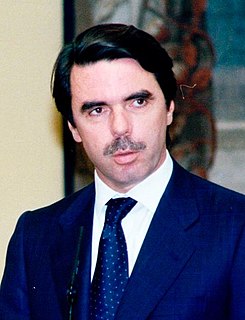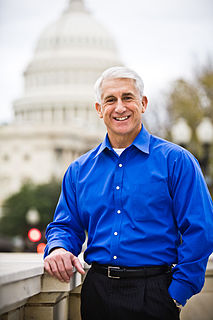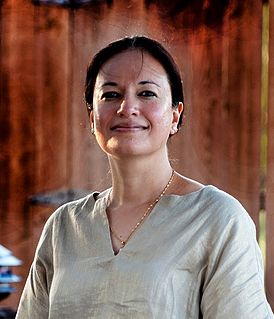A Quote by Jose Maria Aznar
We saw there was no consensus in the U.N. Security Council. It was impossible, due to the threatened veto by some.
Quote Topics
Related Quotes
The United Nations' founders understood that decisions affecting war and peace should happen only by consensus, and with America's consent, the veto by Security Council permanent members was enshrined in the United Nations Charter. The profound wisdom of this has underpinned the stability of international relations for decades.
The [UN Security Council] P5 ought to be dissuaded from using their veto power, which can paralyze the United Nations. The country blocking action ought to have to explain its decision and propose an alternative solution. It has been suggested that a veto only becomes effective if the vetoing state has the support of two or three other permanent members.
The abuse of the veto power has become so predictable that frequently resolutions are not even tabled because of the certainty of a veto against their adoption. Necessary discussion is thereby suppressed. Concerted action by the Security Council, the General Assembly and other United Nations agencies is necessary to prevent major human rights violations, stop ongoing breaches and provide remedies to victims.
When one's greatest 'world stage' ambition is a non-voting seat on the U.N. Security Council five years down the road, one would not want to say anything to hurt the feelings of the veto holders in Moscow or Beijing. We get it. But let's at least be honest about all this, please. Enough of the 'Canada is back' slogans already.
The United States of America is a threat to world peace. Because what [America] is saying is that if you are afraid of a veto in the Security Council, you can go outside and take action and violate the sovereignty of other countries. That is the message they are sending to the world. That must be condemned in the strongest terms.
In the era of Khruschev the Soviet Union had publicly declared itself a supporter of the Indian stand on Kashmir. In 1962 a Russian veto had defeated a Security Council resolution on the plebiscite issue. By 1965, and after the fall of the Kruschev regime, Russian attitudes were significantly modified.









































